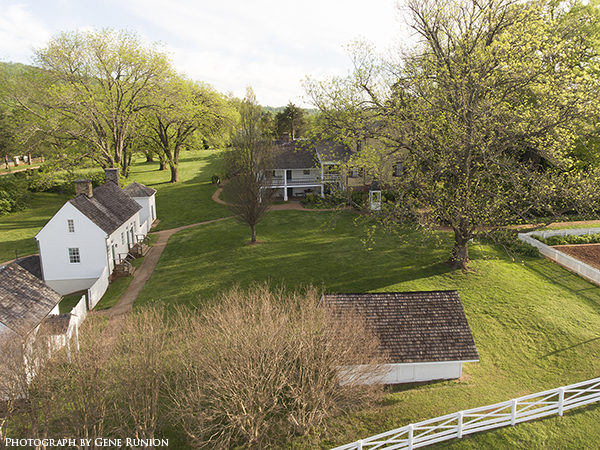
William & Mary seeks two postdoctoral fellows to participate in research and programming for The Lemon Project: A Journey of Reconciliation (Williamsburg, VA) and James Monroe’s Highland (Charlottesville, VA). The two residential fellowships will be awarded for a period of two years each, beginning August 2020 and are open to individuals who have met all requirements for the doctorate by the position start date.
The Lemon Project Fellow will engage the community in the search for descendants of the enslaved people who labored at William & Mary before the U.S. Civil War. The Fellow will train participants to locate descendants (by birth or community affiliation) using archival research and genealogical methods. Findings will be used in the development of the Memorial to the African Americans Enslaved by William & Mary, to support the community’s awareness and understanding of its place in the African American history of William & Mary, and in courses developed to increase student awareness.
Required Qualifications: Completed the PhD no more than three years prior to position start date | Proven expertise in African American family genealogy | Knowledge of the growing movement of universities studying slavery and its legacies | Demonstrated research experience in U.S. and African American History.
Preferred Qualifications: Experience teaching in traditional, non-traditional, and workshop settings | Experience with community engagement work and reconciliation | Working knowledge of the tenets of public history and the ability to share research findings in a way that makes them “accessible and useful” to the public | Demonstrated ability to effectively communicate and work with a widely diverse constituency.
The Highland Fellow will participate in descendant-informed development of new public exhibits and programs, especially new exhibits and curated spaces that reflect the history of the founding era and truthfully include diverse narratives, especially those of enslaved African Americans, and acknowledge the long shadow of slavery in the American Experience. Primary responsibility of the Highland Fellow will be the completion of exhibit-directed historical research, including African-American history and genealogy, and the preparation of exhibit content. The Highland Fellow will also teach a hybrid interdisciplinary course to William & Mary students. With Highland’s work as the backdrop, the emphasis of the course will be on pushing the boundaries of traditional historical content and its production, as well as the boundaries between the institution and the public.
Exhibition Goal: The central goal for the re-interpretation of Highland is to use existing exhibit spaces for the creation of an integrated set of narratives that include politics, challenges within the emergence of a national government, and economics. The lives of James Monroe, his family, enslaved people, and overseers, will all be interpreted within these same themes.
Required Qualifications:
Completed the PhD no more than three years prior to position start date | Experience in public history, such as the development of public programs or exhibitions, community-engaged research, or non-traditional teaching | Demonstrated research experience in an area related to U.S. history 1790-1830, with some expertise in American slavery.
Preferred Qualifications:
Content creation for museum exhibitions | Research in African-American history | Expertise in conducting genealogy, especially with African-American families | A broad understanding of trends in U.S. political, economic, and social history of the period 1790-1830
Both fellowships are supported by Sharing Authority to Remember and Re-interpret the Past, a grant to William & Mary by the Andrew W. Mellon Foundation. For more information, or to apply, visit http://jobs.wm.edu/postings/37532 (The Lemon Project) and http://jobs.wm.edu/postings/37598 (James Monroe’s Highland). William & Mary is an Equal Opportunity Employer.
